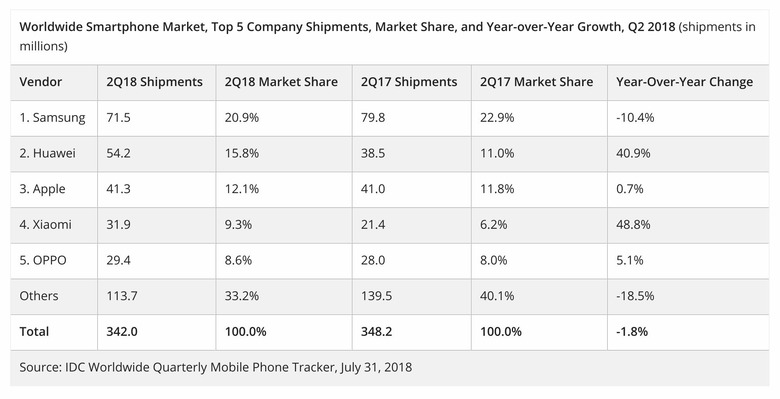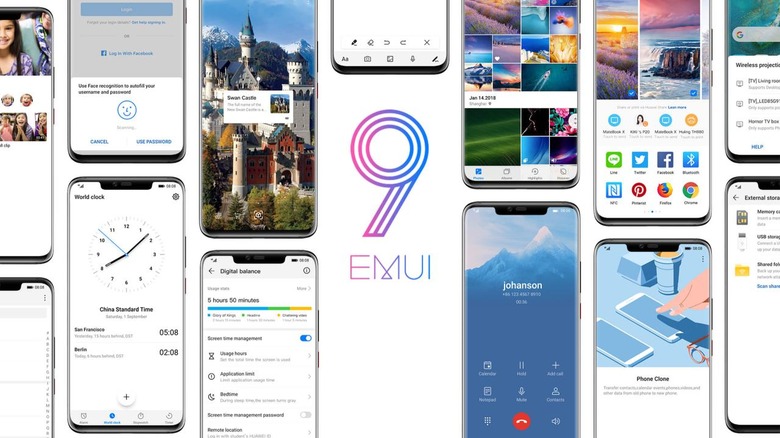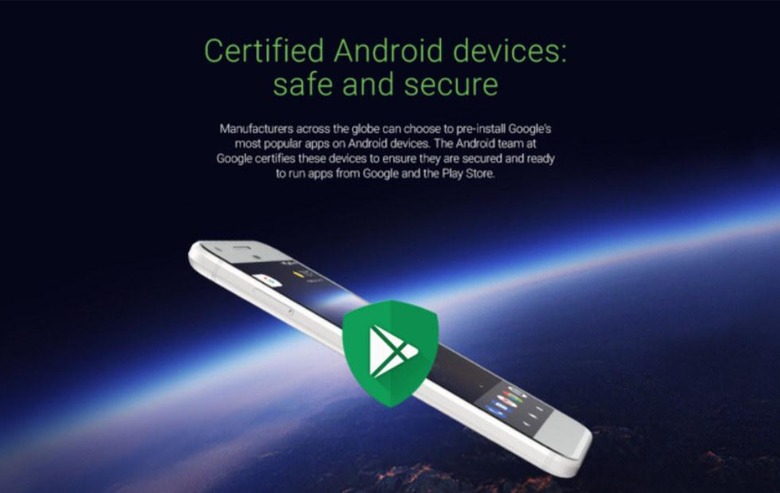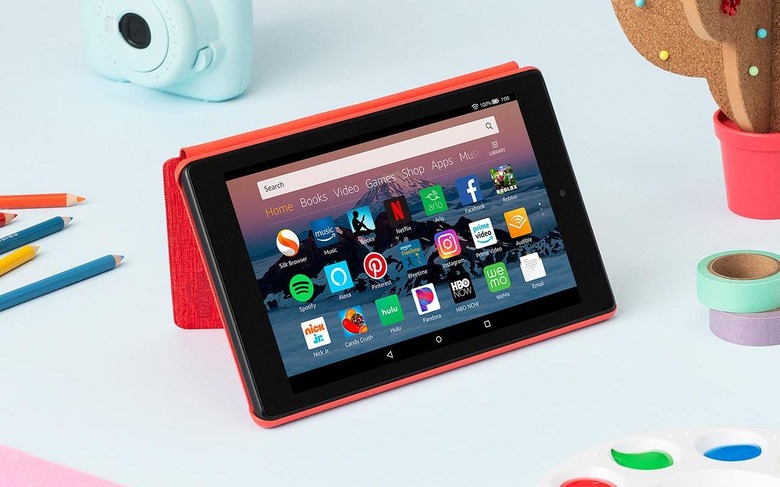Huawei US Ban Threatens To Wreak Havoc On Android As Well
It's almost old news by now. The US government, courtesy of an executive order from President Donald Trump, has blacklisted Huawei from buying from or selling to US companies. That has caused Google, Qualcomm, and ARM to withdraw support from the Chinese manufacturer, three companies that have a mutually beneficial relationship with Huawei. It has gotten a temporary and short reprieve but, unless the situation changes, the hammer will fall again. Disregarding political and economic considerations, the effects of this ban won't just cause headaches for Huawei, it could also throw the Android world into disarray.
World's No. 2
Being the world's second largest smartphone maker is no joke and losing that spot isn't just going to be bad for Huawei. It will actually be bad for its partners as well. Selling more phones means Huawei also buys more components and pays for more licenses, among other things.
While it's inconceivable that Huawei will stop making smartphones the way ZTE almost did, a nosedive in its production will hurt even the likes of Google and Qualcomm, even if not as much as Huawei.

This definitely tips the balance away from Android. Huawei is no small fish and, together with Honor, is enough to threaten Samsung's dominance. Sure, it could be an opportunity for others like Xiaomi and OPPO to step in, but Apple is more likely to regain its position.
The drastic changes that this ban produces also puts into question whether Android will be the same in a few years' time.
Plan B
There is also much discussion about Huawei's options after this ban. There's some disagreement whether it's "Huawei OS" will be something of its own making or if will be based on Android. Given how it got burned, it seems only logical that Huawei would go off on its own. Realistically speaking, however, it is more likely to just create its own Android-based OS.

It hasn't lost access to Android anyway. The platform's open source nature made sure no government can really shut it down. Huawei can continue getting the same updates as any other OEM via the Android Open Source Project.
A custom Android would still be able to run many Android apps. Sure, those phones won't have Google Play services, at least not officially and not legally, but still being compatible with the hundreds of Android apps means a world of difference. Just ask Jolla or BlackBerry.
Google's Play
What Huawei has lost, at least as far as Android is concerned, is access to Google's proprietary components, which isn't a small thing. In addition to not having Google Play store and Google apps, Huawei phones would have no capabilities for Google's cloud-based app data storage and messaging, which means apps that rely on those might not work properly if they even work at all.

Huawei's loss, however, could become Google's headache. Specifically, it shines a spotlight on how the Android ecosystem has become intricately tied to Google's services. A Google-less Android phone doesn't only seem inconceivable, it might also be crippled as well.
Google is coursing more and juicier Android features through Google Play, like Google Play Protect or the upcoming Project Mainline update system in Android Q. At a time when it just got slapped a hefty fine and forced to decouple Google Play Services in Europe, the last thing Google needs is practical proof of how dependent Android has become on it.
Fragmentation Redux
It's not that a Google-less Android system hasn't been done before. Amazon and many Chinese phones have lived without Google Play, providing their own app store to install Android apps. Of course, owners of those phones find ways to unofficially install Google Play after the fact, which again demonstrates how critical it has become to Android users.

Like it or not, Google has been working to unify the fragmented Android ecosystem, using Google Play as both bait and rod. Getting certification to have those components installed requires complying with certain standards, which means OEMs have to get in line, even if they have customized Android experiences.
As if having the second biggest Android phone maker break away from that weren't bad enough, it could also set a precedent for others to follow.
A Google-less Android future
Huawei has long been in the US cross-hair, but who knows if there are others that will follow. Should this ban push through in full force, it could give other companies, especially Chinese ones, reason to worry. And if Huawei manages to succeed in pushing its own custom Android experience without Google, more companies could very well follow suit.

We could see Google Play de-emphasized from the Android ecosystem. And while that may look good from an openness perspective, we could also be looking at the return of divergent Android experiences, just like in the early days of the platform. And while companies like LG and HTC would prefer to stay in Google's good graces, it could embolden the likes of Samsung to do what it had always wanted to do for years: break away from Google's hold.
Wrap-up
With a single executive order targeted at a single company, the US may have managed to throw the Android ecosystem, and therefore majority of the mobile world, into uncertainty and doubt. Either side might make concessions just like in ZTE's case, though the stakes and the pride are higher this time around. And that's not counting yet the political and economic repercussions that the ban will set off, not just in the US and China but across the world as well.
While there are those who believe that Huawei is getting what it deserved, it's hard to deny that this incident is sending ripples across the entire Android world and causing some to think deeply about Google's part in all of this.
